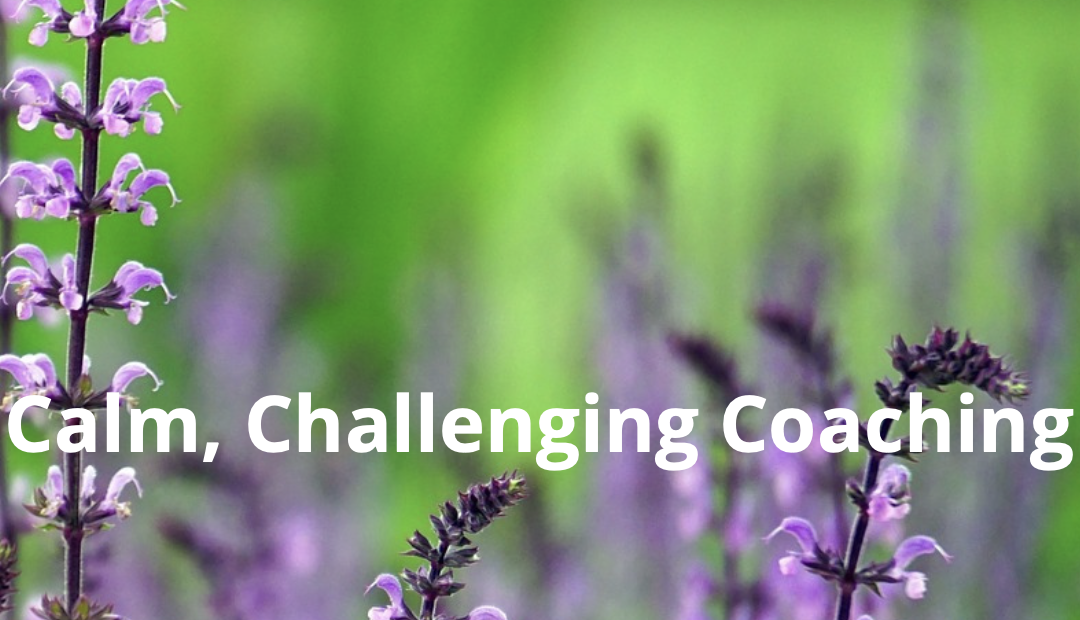
I was talking to a friend the other day, who was lamenting the loss of her angelic little girl and the appearance of a creature in eyeliner that appeared to delight in misunderstanding her and pushing all her buttons. Every conversation was either through a closed door, was interrupted by a smartphone notification or ended in tears with the words “What do you care anyway?” screamed at her. As a mother of three myself, I recalled similar incidents in our house, then shared a few secrets of survival:
- Teens have more than enough emotion for the whole family without us adding our to the mix. Their brains are still developing and their decision making process when stressed tends to be emotional rather than logical. We are the adult in the relationship and can choose not to engage while angry or upset. If you can feel your frustration rising, de-escalate things by excusing yourself from the conversation for a few minutes until you are calm again. Let them know that you will resume the discussion when you and they are calm enough to do so.
- Empathise with the emotions they are feeling. Identifying, naming and accepting an emotion can all reduce the intensity of the feeling. Using words like “I can see that you are upset, and I don’t like to see you like this. Is there anything I can do to help?” may be met with a disbelieving stare, but you have made a positive and non-judgmental invitation, which leaves the door open to talking later. It’s a lot more constructive than “What on earth is wrong with you today?”
- Avoid the word ‘but’ completely! It is like lighting the fuse of a bomb. You can empathise all you like, however if you follow it with the word ‘but’ it negates everything you have said before.
- Hard as it might be, try not to open conversations with a criticism or blame. Think of yourself as the General Manager of your family and that you are giving feedback to a colleague. Starting a conversation with “Why haven’t you done your homework yet?” is unlikely to get a positive response. Instead collaborate with something that sets the context for them like, “I am about to start cooking dinner, I know you have a lot of work to do this evening so do you want to make a start before dinner or wait until after?” It may take a little longer, but your teen cannot complain that you are not treating him with respect, you are asking their opinion and giving them choices. Once the have decided to start after dinner, then you have something to hold them to.
- Finally, let them take responsibility for more decisions, but hold them to the decisions they make. If they want to go out, but you think it is a bad idea, ask them why they want this so much, then find out what school deadlines they have and ask them to come to you with a solution that will satisfy both you and them. Make sure they know that you will trust them, but that your trust can be lost if they don’t hold up to their side of the deal they have made. Decide between you in advance what the consequences will be for this. This is a double win for parents as you have not imposed anything, the timing or the consequences. They have set this out themselves and can hardly blame you for striking an unrealistic deal.
Teenagers will always push boundaries, it is how they develop a sense of self. They will make mistakes, as they are far less risk averse and way more emotional than we are as adults. Think back to when you were a teenager yourself and treat your teen as you would have liked to have been treated back then. The reward of having your son or daughter come to you when they have a problem, knowing you will listen calmly and without judgment is well worth the effort.





